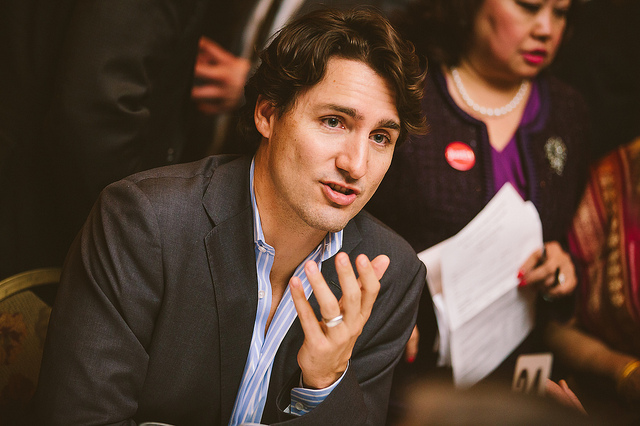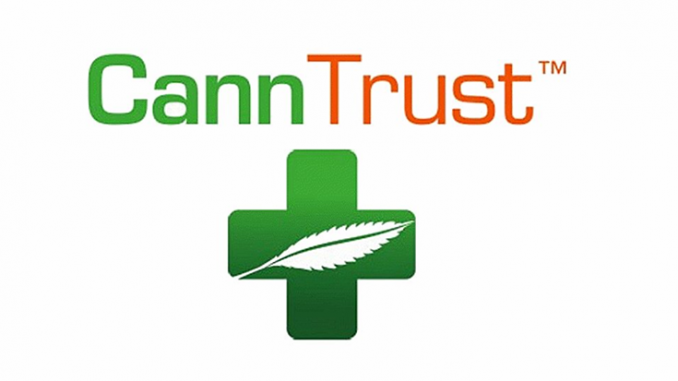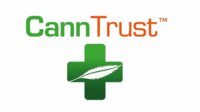Cannabis as a news story and an industry moved forward again this year, albeit in a rather more halting way than the last few. The volatility of the market in fact was one of the largest stories of the year, particularly after the events of this summer.
It’s Been A Wild Ride Kind Of Year
This time last year, the world was in a tizzy over the literally billions of bucks invested into a few top Canadian cannabis companies. This year, predictions are definitely a little more sober when it comes to the future of cannabis stocks. Most of the industry has taken a major beating this fall.
That said, the current correction was in the cards for just as long. What goes up, dramatically, must come down.
That said, this is not the whole picture of the industry – not by a long shot. Reform ain’t going back. Patient numbers are climbing, albeit slowly.
 Here in Europe, the first and so far biggest public tender on cannabis was finally concluded in Germany with Aurora, Aphria and the cannabis company formerly known as Wayland (ICC) winning the bid lots for domestic cultivation this spring.
Here in Europe, the first and so far biggest public tender on cannabis was finally concluded in Germany with Aurora, Aphria and the cannabis company formerly known as Wayland (ICC) winning the bid lots for domestic cultivation this spring.
The British, who waffled around all year on what kind of “animal” cannabis actually is, celebrated that anniversary late in the year with a highly limited scope of coverage by the NHS.
And Luxembourg threw down the gauntlet on “recreational” within an aggressive timeframe (by 2022) and tripling its medical cannabis training budget for doctors next year.
International Cannabis Is Growing Like…A Weed
The most interesting discussions right now are clearly emerging on the international front. Cannabis became an internationally mainstreaming commodity this year as patient numbers began to climb on the continent.
 This in turn has led to the normalization of the idea at least of an export trade in cannabis not only across Europe but globally as companies target the region. Cross border cannabis companies, in other words, are a “thing” that blossomed this year – and frequently, while sometimes financed by Canadians, called another country home.
This in turn has led to the normalization of the idea at least of an export trade in cannabis not only across Europe but globally as companies target the region. Cross border cannabis companies, in other words, are a “thing” that blossomed this year – and frequently, while sometimes financed by Canadians, called another country home.
The announcement of at least the first German wholesale reference price this year will also do wonders to start to normalize prices across not only the EU but all those hoping to export here.
That in turn will have global impact.
Regulation Is Beginning to Materialize
For those who thought that higher standards were a passing fad, the events of this year, particularly of the latter half of it have confirmed one thing for sure: Regulatory muster is here to stay.
 To add to the general confusion, however, international standards on medical products and even food are absolutely in the mix as countries find that standards, measurements and production processes might be similar, but on the ground, still differ. Harmonization is a word many in the cannabis industry are hearing now, and not just in the medical space, but also the food and supplements market.
To add to the general confusion, however, international standards on medical products and even food are absolutely in the mix as countries find that standards, measurements and production processes might be similar, but on the ground, still differ. Harmonization is a word many in the cannabis industry are hearing now, and not just in the medical space, but also the food and supplements market.
The initials “GMP” are on the lips of many this year. Not to mention another exciting development the cannabis industry from abroad did not see coming and still broadly does not understand – namely Novel Food.
The War For Reform Is Being Fought On Several Fronts
Inevitably, just as in the United States, the fights in the room right now as well as legislative gridlock are focusing on some strange nitty gritty. For example, cannabidiol (CBD) is just one cannabinoid from the plant. It is a chemical substance. Yet, suddenly, in Europe, this discussion is being bogged down in pseudo-scientific discussions in the name of public policy about whether CBD is a “new kind” of food.

Ultimately this is a discussion about regulation – whether CBD and hemp production should be regulated differently than they are right now – and whether the plant should be put in a different bucket than, say, tomatoes. Or when extracted, tomato juice.
GMP is also a very strange discussion which has still not exited the stage – mostly because of the lack of uniformity internationally between Canada and European states although that is moving in the right direction.
The last issue of course, which has been looming from the Canadian side for several years, including of course all the pesticide scandals, new regulations on the cultivation of all plants for human consumption. Even German farmers are up in arms (with a recent tractor protest in Berlin that paralyzed the city).
Cannabis is in the bullseye on all fronts.
Auld Lang Syne
If there was a theme to the industry as of this summer, it was clearly that things cannot continue as they have. The CannTrust Scandal absolutely encapsulated all that is wrong with the industry.
That said, there is every reason to believe that the most egregious scandals (or at least quite so many of them) are a passing fad. Indeed, many in the industry are in fact committed to turning over a new leaf (for the new year or just because).
The good news? There is every sign of course that it will.

























